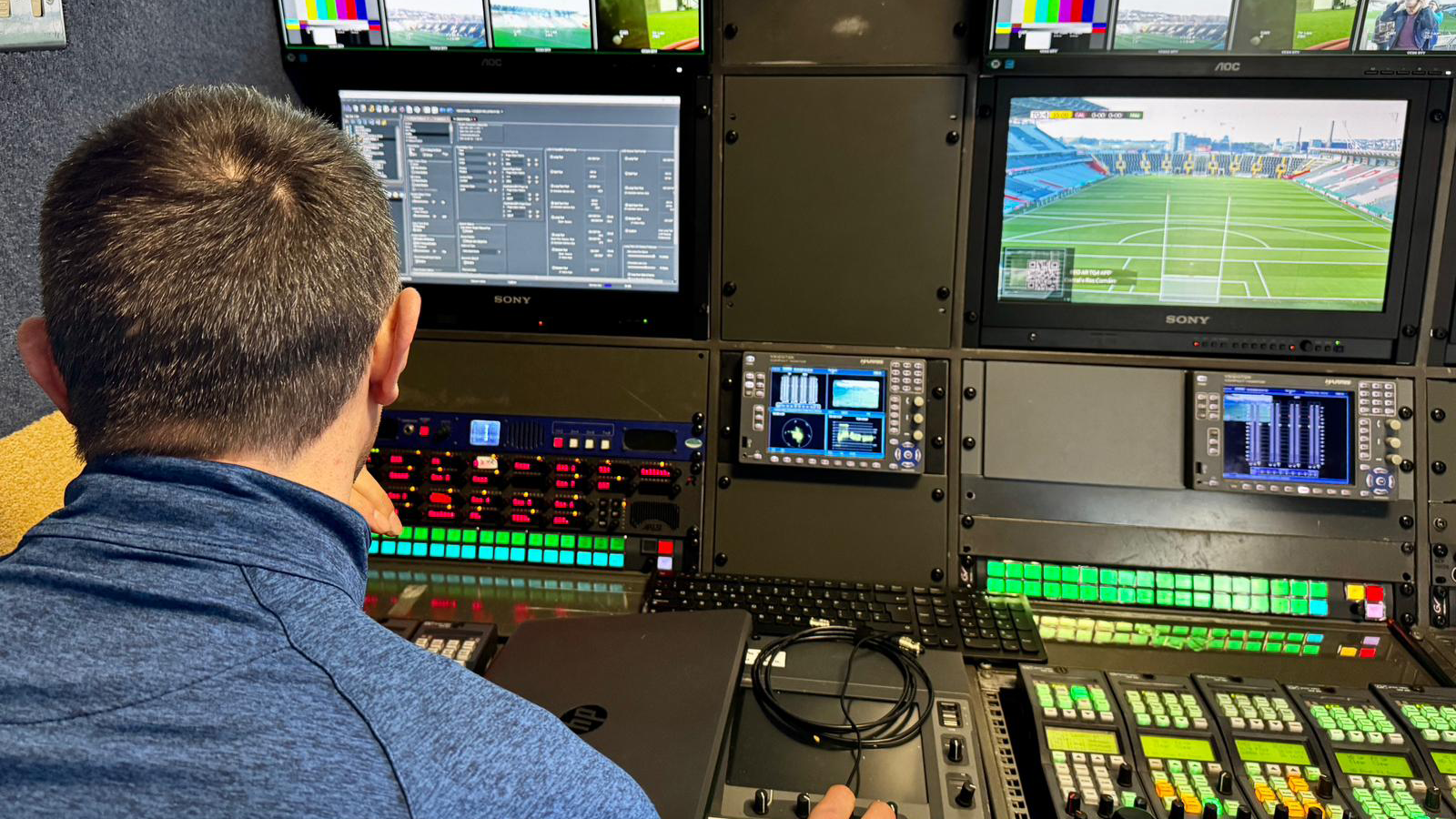FCC Shares Channel-Sharing Details
WASHINGTON: The recent TV channel-sharing order lays out a framework for allowing two TV stations to share one 6 MHz channel assignment, but it does not establish rules for managing the arrangement. That will come later, the Report and Order states:
“We will establish in a future proceeding additional rules governing channel-sharing arrangements. In this regard, we note that channel sharing under the rules we adopt herein will be limited to broadcasters participating in an incentive auction process. We will consider how channel sharing will be applied outside of the incentive auction context in a future proceeding.”
The Federal Communications Commission adopted the R&O on Friday. The order is part of the commission’s effort to open 120 MHz of TV spectrum for wireless broadband through an incentive auction in which participating broadcasters receive a share of the proceeds. The channel-sharing rules rest on the arrangements being voluntary.
“The rules we adopt will not require any licensees to operate on a shared channel under any circumstances,” the R&O states. Nor will they “authorize the commission to choose channel-sharing partners.”
This precludes any concerns from commenters about not knowing which stations would be combined, or being forced to move transmitters, the FCC said. It also addresses those operations using their entire channel capacity—a concern lodged by ION Media. The commission dismissed reservations from local broadcasters who said channel sharing doesn’t provide a method for a station to move back to a full 6 MHz allotment should they decide later to go HD or add supplemental services. Regarding those who cited technical problems such as signal degradation, the FCC deemed those concerns “unfounded.” The same goes for channel-sharing stations not being able to launch mobile digital television.
“We anticipate that only those stations whose business plans accommodate sharing a channel and that have fully considered the technical issues surrounding a proposed sharing relationship will propose to share a channel in connection with the auction,” the R&O states.
The case in favor of channel sharing primarily was made by the wireless industry. AT&T and The Wireless Association filed comments on the proceeding saying it was in the public interest to free up spectrum for wireless services, and that it potentially would reduce operating costs for channel-sharing broadcasters. The commission agreed.
The Minority Media and Telecommunications Council also weighed in favor, saying channel sharing would provide a cash infusion for “existing small and minority-owned stations... to enhance or preserve their local program offering.”
Those broadcasters who opt to share a channel will be in charge of how the capacity is divided, so long as both transmit at least one standard-definition programming stream.
“We will not prescribe a fixed split of the capacity of the six MHz channel into discrete blocks from a technological or licensing perspective,” the R&O said.
Each channel-sharing station will continue to be licensed separately, and will have to fulfill the same requirements as a full-capacity station, i.e., children’s programming, political broadcasting, minimum operating hours, main studio location, EAS transmission and so forth. Each will retain its existing protections.
“In that regard, a channel-sharing licensee will not be held responsible for the programming content or rules violations of any other licensee sharing its channel,” the order states.
Channel sharing is new to commercial TV, but not new per se. The order notes that some educational stations share channels on a time basis using separate transmission facilities. Some mobile services also have channel-sharing arrangements. The commission said its TV channel-sharing order is “consistent with these shared-used precedents.”
Only full-power and Class A TV stations will be allowed to participate in channel sharing, including the “few” applications for new TV stations now on file. Low-power TV stations and translators are not eligible to participate in the spectrum incentive auctions and therefore not eligible to share a 6 MHz channel.
“Further, because we license low-power television stations and TV translators on a secondary interference basis, they create no impediment to repacking as we need not protect these facilities in our repacking plan.” the order states.
Both commercial and noncommercial stations will be allowed to channel-share, and can in fact share with one another. All stations electing to channel share must “continue to provide minimum coverage of their principal community of license,” for now.
“We will address in a future proceeding whether, and to what extent, we will allow service losses and whether we will take potential losses into account when considering the proposed sharing arrangement,” the order states.
All channel-sharing stations will retain must-carry rights, so long as they continue to comply with the necessary requirements. These include providing cable and satellite operators with a “good quality signal” of at least -61 dBm. Class A stations must also be no further than 35 miles from a cable headend to quality for must-carry, even if they pair with a full-power station. Noncommercial stations must either be within 50 miles of a cable headend, or the headend must be located within the station’s digital noise limited service contour.
The order acknowledged stations moving to a shared channel could alter their coverage areas and locations, and therefore their current must-carry arrangements. The commission stations to “account for such possible effects.”
The Federal Communications Commission will host a workshop on channel sharing May 22 at FCC headquarters. Panelists will include John Cunney, head of Telecom Media Technology Practice for Santander; Eric De Silva, a partner at Wiley Rein;
John Hane of Pillsbury Winthrop Shaw Pittman; and Lonna Thompson, executive vice president and chief operating officer of the Association of Public Television Stations. Rebecca Hanson of the FCC Media Bureau will moderate.
~Deborah D. McAdams
The professional video industry's #1 source for news, trends and product and tech information. Sign up below.
